Antidepressants medications to treat depression are an effective and common means of dealing with this condition. What are the types of drugs that exist? How do they work? What are the possible side effects? How long should they be taken?
Depression is a common problem, and ways to treat it include psychotherapy and medication.
There are currently many medications available to patients to treat depression.
Antidepressants Medications to treat depression do not change reality or personality, but they are effective and help alleviate the distress and suffering caused by depression.
SSRIs are the most popular family of drugs to treat depression.
The drugs from this family are considered safer and have fewer side effects.
More than 260 million people in the world – according to the estimates of the World Health Organization – suffer from depression of varying degrees of severity. An amazing and equally alarming statistic is that approximately 75% of those people do not treat their disease which affects all areas of life and may last for a long time.
Today there are two main types of effective treatment for depression: psychotherapy and medication. Sometimes one of them is enough to help, sometimes the best treatment is combined. This guide is dedicated to drug therapy.
How do antidepressants work?
All antidepressants work according to the same principle: regulating the level of certain neurotransmitters (neurotransmitters) in the brain, usually serotonin, norepinephrine or dopamine. Unlike stigmas, these drugs do not change reality nor the person’s personality, but they are effective and help alleviate the distress and suffering caused by depression.
How effective are these drugs?
According to the assessment of the experts of the Royal College of Psychiatrists in Great Britain, between 50% and 65% of people suffering from depression and treated with antidepressants will experience an improvement in their condition. In contrast, only 25% to 30% of those receiving dummy drugs (placebo) will report an improvement in their condition.
What types of anti-depressants are there?
There are several families of drugs for the treatment of depression on the market that differ from each other in their mode of action, their effectiveness in various depressive states, their side effects and the warnings regarding their use.
SSRI ( abbreviations for Serotonin Reuptake Inhibitors)
This family of drugs entered the market in the late 80’s of the last century, and is currently the most popular family of drugs for the treatment of depression . The first drug from this family was marketed under the trade name Prozac. Since Prozac came on the market, other drugs similar to it in their activity have come out.
These drugs increase serotonin levels in the brain and thus reduce the symptoms of depression and reduce anxiety .In general, and compared to other antidepressants, the drugs from the SSRI family are considered safer and have fewer side effects, so in most cases they are the first option for drug treatment of depression. They are usually well tolerated. Their common side effects, which appear at the beginning of the treatment and disappear later, mainly include headaches, restlessness, nausea, abdominal pain and changes in stools.
Among a certain proportion of patients, there may be sexual dysfunction (mainly lack of sexual desire and delay in ejaculation). These drugs can be given to young people, both adults and the elderly. Patients should be regularly monitored by the attending physician.
The most well-known antidepressants drugs from this family are:
- Fluoxetine (brand names: Prozac, Plotin, Prisma).
- Sertraline (trade names: Lostral, Serenade, Sertraline-Teva).
- Paroxetine (trade names: Seroxat, Protein, Paxet).
- Citalopram (trade names: Cipramil, Recital, Citalopram-Teva).
- Fluvoxamine (trade names: Faboxil, Fluvoxamine-teva).
- Escitalopram (trade names: Ciprolax, Esto, Escitalopram Teva).
SNRI (abbreviation for Serotonin Norepinephrine Reuptake Inhibitor)
The drugs from this family began to be sold in the mid-90s of the 20th century. They are usually used when the response to drugs from the SSRI family is not satisfactory, but sometimes they are also used as the first drug to treat depression. These drugs increase the levels of serotonin and noradrenaline in the brain and thus reduce the symptoms of depression and anxiety.
The following antidepressants drugs belong to this family:
1. Venlafaxine (trade names: Viapex, Vanela, Effexor, Venlafaxine-Teva).
2. Millenciphern (trade name: Ixel).
3. Duloxetine (trade names: Cymbalta, Duloxetine-Teva).
Medicines from this family also have few side effects. These mainly include nausea (which passes about two weeks after the start of treatment) and sexual dysfunction (mainly decreased libido and delayed ejaculation). The drug duloxetine is also used to treat nerve pain (neuropathy). The drug venlafaxine can cause an increase in blood pressure when it is given in high doses, therefore, while being treated with it, it is recommended to monitor the blood pressure.
TCA ( tricyclic antidepressants)
The drugs from the tricyclic family are very old: their marketing began in the 1950s. This is an old drug group, which entered the market already in the 1950s. These drugs are almost no longer used as a first or even second option for the treatment of depression. The reasons for this are the risk involved in taking them in overdose as well as their many side effects compared to drugs from the SSRI and SNRI groups.
Their common side effects include dry mouth, urination disorders, arrhythmias , changes in blood pressure, blurred vision. For the elderly who are being treated, the drugs from this family may cause urinary retention and confusion.
The tricyclic antidepressants drug family includes, among others, the following drugs:
1. Clomipramine (brand names: Anaprenil, Meronil)
2. Imipramine (trade names Tofarnil, BP tablets, Perimonil).
3. Amitriptyline (trade names: Eltrol, Eltrol).
4. Nortriptyline (trade name: Nortiline).
5. Desipramine (trade name: Depraxen).
MAOI ( Monoamine Oxidase Inhibitors)
For example: phenelzine (brand name: Nardil).
The drugs from the MAO family are old, but their use today is not as popular as it used to be. The reason: in addition to their effectiveness, they have significant side effects, interactions with many Antidepressants medications, and taking them requires giving up certain foods.
For example, you should avoid consuming food that is rich in tyramine such as yellow cheeses, smoked food, alcohol (including beer). Therefore, their use is reserved for cases where drugs from other families did not bring relief from depression.
Other Antidepressants medications to treat depression

These are drugs that are not usually used as a first option for the treatment of depression. They work in different ways and increase levels of serotonin, norepinephrine or dopamine in the brain. Sometimes these drugs are even prescribed in addition to other drugs to treat depression.
This group includes, among others, the following drugs:
1. Mirtazepine (trade names: Miro, Remeron, Mirtazepine-Teva). One of the side effects of this drug – drowsiness – appears precisely when it is taken in low doses. Therefore, it can help in cases of depression accompanied by sleep disorders.
2. Mianserin (trade name: Bunserin). This drug is used not only to treat depression but also for pain relief. Drowsiness is also a side effect of this drug, so it can also help in cases of depression accompanied by sleep disorders.
3. Bupropion (trade name: Valbuterin). This medicine contains a derivative of a substance extracted from the get plant. It increases the levels of dopamine and noradrenaline in the brain, and compared to other drugs for the treatment of depression, it interferes less with sexual function. This medicine is also used to quit smoking (brand name: Zayban ). However, compared to other drugs, it has more drug interactions.
4. Trazodone (trade names: Trazodil, Tritico). Trazodone is also a drug that causes drowsiness and is therefore effective in situations of depression accompanied by sleep disorders. It is usually given mainly to adults. One of its (rare) side effects is prolonged and painful erection (priapism).
5. Vertioxetine (trade name: Brintilix) is the newest drug to treat depression to hit the market. Research done on this drug shows that it not only reduces the symptoms of depression, but also improves the ability to concentrate. Its most common side effect is nausea, but this usually passes with further treatment.
What about herbal medicine treatment?
In recent years, research has been done to find nutritional supplements and herbs that effectively treat depression and anxiety. A medicinal plant that has shown effectiveness in the treatment of depression is Hypericum Perforatum (also called St. John’s Wort and in Hebrew: Perforated Perforate). This plant is used to produce an anti-depressant that requires a doctor’s prescription and whose trade name is Remotiv .
Remotiv mainly helps to treat mild depression and mild anxiety. However, even though it is a drug of natural origin, it too may have side effects and interactions with other drugs.
While being treated with Remotive, it is recommended to avoid increased exposure to the sun and visits to tanning salons, because this medicinal plant increases the skin’s sensitivity to UV rays.
What are the side effects of antidepressants?
Many are afraid of the side effects of drugs to treat depression, but in most cases the benefit derived from their use justifies the need to deal with their side effects.
Thanks to the large variety of drugs for the treatment of depression that exists today on the market, everyone can find the drug that suits them in a dose that is good for them and that involves as few side effects as possible.
The main problem associated with the drug treatment of depression is that it is not possible to know in advance who will suffer from the side effects of a particular drug. Therefore, after the doctor prescribes the patient a certain drug to treat depression, he usually instructs him to monitor the side effects and report them. If the side effects are intolerable, and the situation does not improve, the doctor is expected to replace the prescribed medicine with another medicine.
Medicines for the treatment of depression do not – usually – cause addiction, but they can cause dependence, and when you stop taking them you may feel bad (there have been reports of symptoms such as restlessness, increased anxiety, sleep disorders and headaches). Therefore, if you have been taking an antidepressant for a long time and wish to stop using it, you should do so only under the guidance of your doctor and be monitored by him.
How long does it take for the medicine to start working?
In order for the medicine to help, it must be taken consistently, every day, according to the dose prescribed by the doctor.
Key word is patience. Usually the drugs start to work only three to six weeks after starting to take them. There is no point in taking the medicine for a few days and then stop taking it or try to take it only on a bad day and not take it on a good day or change doses against the doctor’s opinion. This will affect the effectiveness of the medicine.
How long will I have to take antidepressants medication?
The duration varies from patient to patient. It should be known that if the treatment is stopped prematurely, the depression may return. That is why it is important to be monitored by a psychiatrist or family doctor. These will know when to increase or decrease the dose or stop the treatment.
Is it permissible to take antidepressants medication for depression during pregnancy?
According to the American Association of Obstetricians and Gynecologists, 14% to 23% of women suffer from depressive symptoms during pregnancy . Pregnancy is not a reason not to give appropriate medication, and there are medications that pregnant women can also take. Of course, this should only be done after consulting the appropriate medical authorities.
The treatment of children and adolescents
Similar to the general population, children and teenagers can also suffer from depression. Treatment of depression in children and adolescents (up to the age of 24!) requires a careful diagnosis, and the drug treatment will only be done if they are under the supervision of a psychiatrist.
Depression in adolescents is sometimes accompanied by suicidal thoughts or the adolescent’s desire to harm himself, so it is very important – especially at the beginning of the use of the drug to treat depression – to monitor the patient and report to the doctor if there are significant changes in his mood, for example if he closes himself or isolates himself in his room, develops delusions or thoughts About suicide and death.
The treatment of the elderly
Depression is a common condition even in old age, especially due to loneliness, illness and death of close people. Depression in the elderly can also be treated with antidepressants medication. However, the elderly are often more sensitive to the side effects of the drugs, and in most cases the treatment will be chosen carefully and in lower doses than usual. During the treatment of the elderly, it is very important that they have medical follow-up and do all the tests according to the doctor’s recommendations.
Is it permissible to take antidepressants in combination with other drugs?
As with any drug treatment, the appropriateness of the treatment for depression requires a thorough examination of the additional drugs being taken. Consult the attending physician or the pharmacist regarding drug combinations.


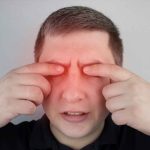

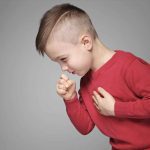
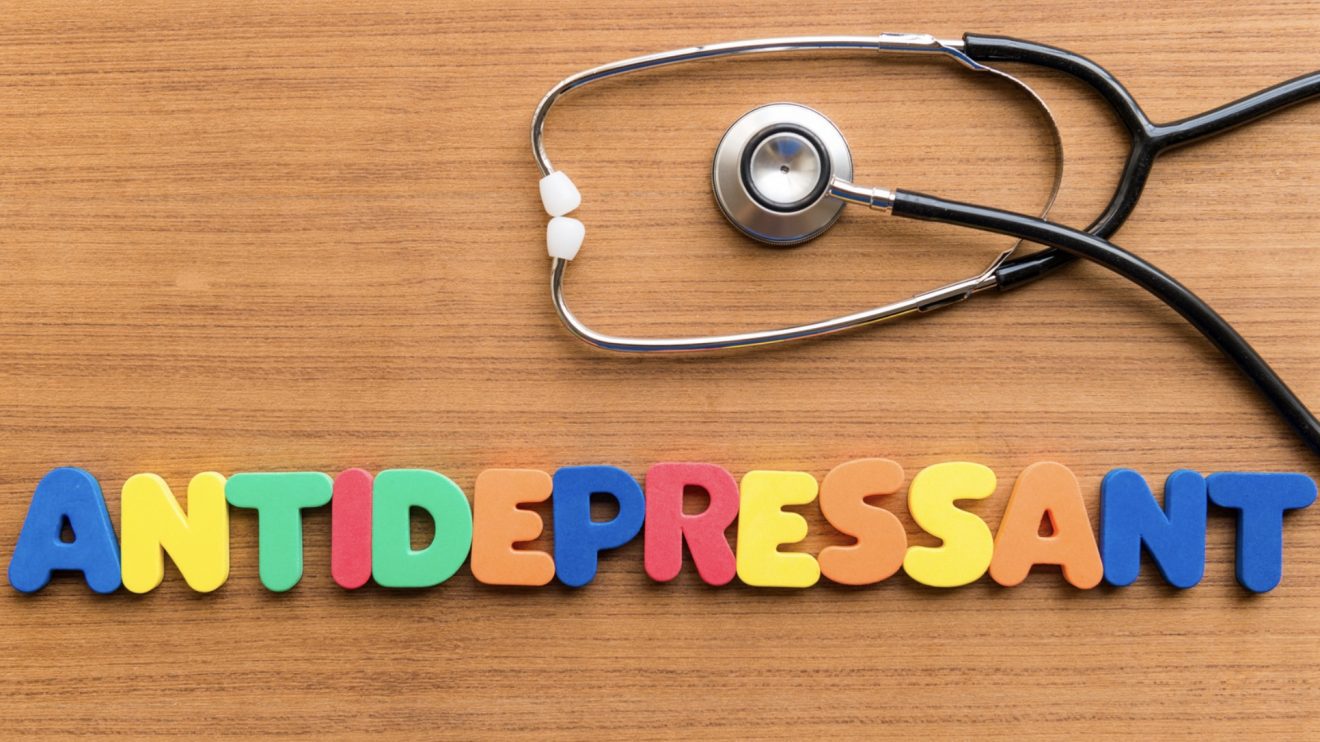

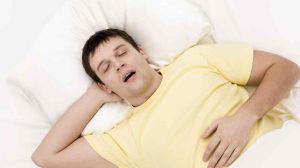

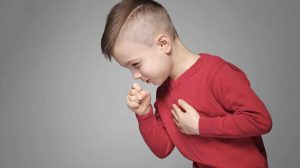
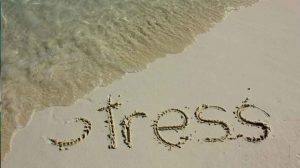

Add Comment